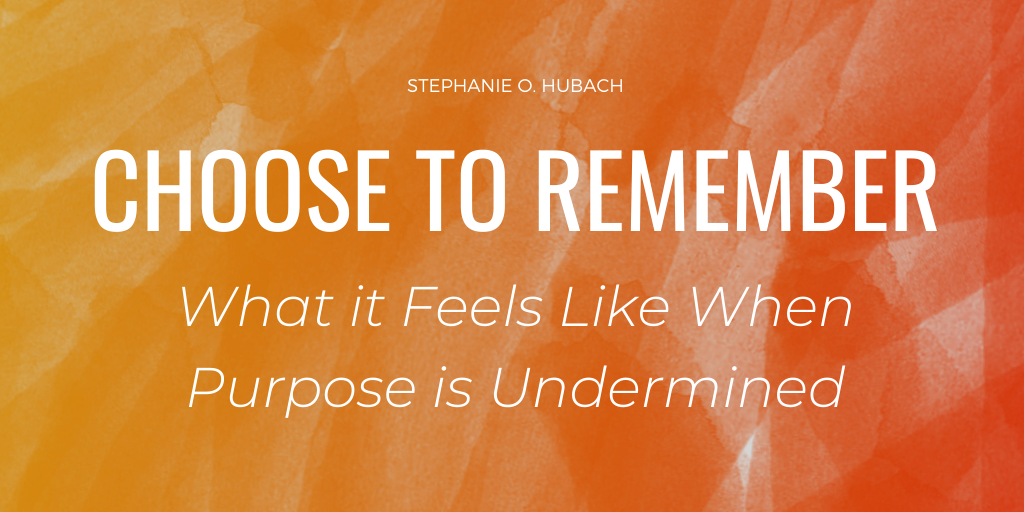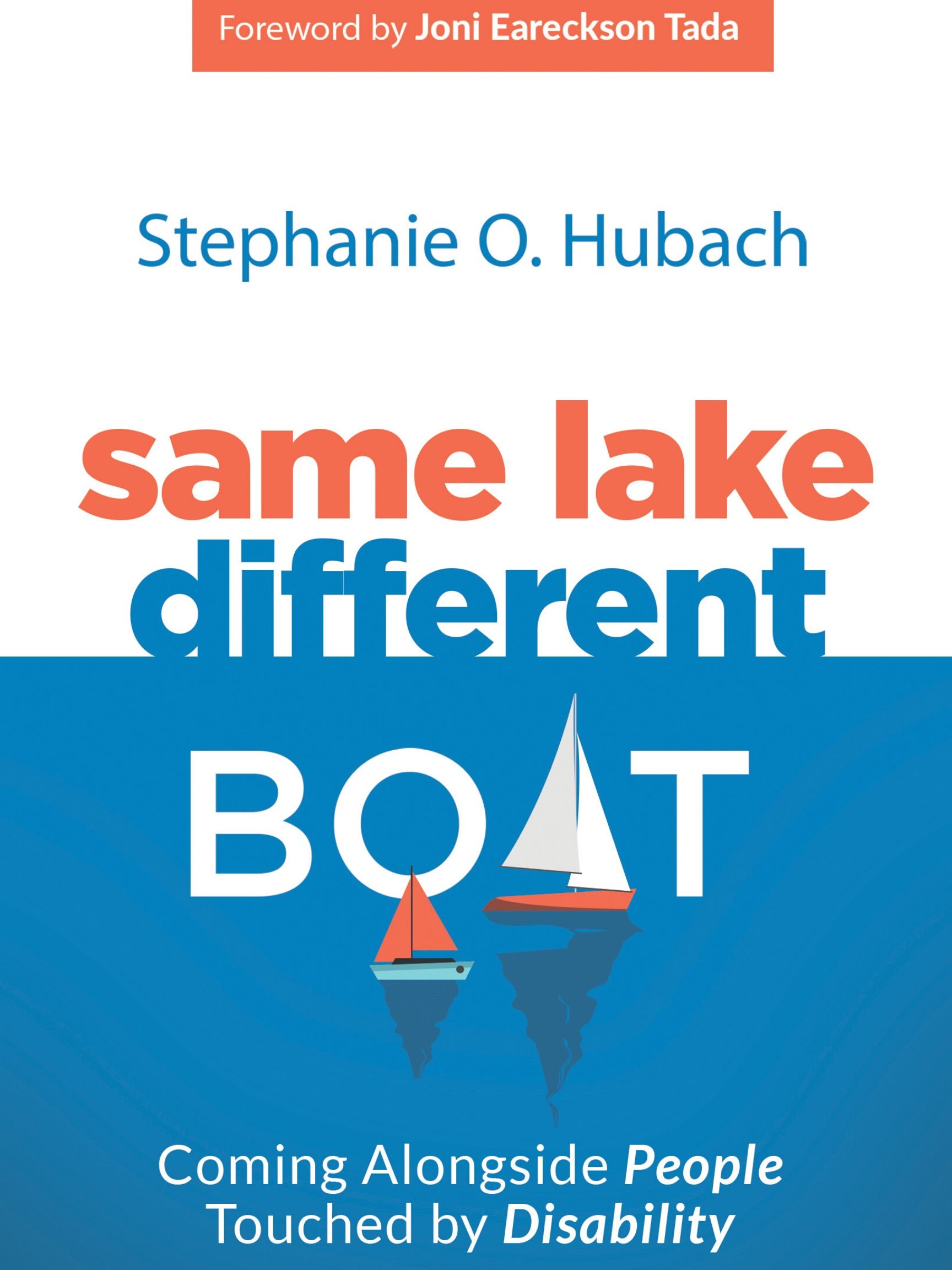
Impossible as this future reality may seem from the vantage point of May 2020, there will come a day when the era of the COVID-19 pandemic feels like a distant memory. As with all memories, our recollections will fade, or our perspectives on this time will change as life progresses. As human beings, we do this all the time. Years after the experience, a mother’s memory softens about how incredibly difficult the labor and delivery of her baby was. By the time he has teenage sons, a father’s memory of how deeply self-conscious he felt in middle school has lost its edges. Even grandparents forget how to identify with the perpetually exhausting demands of caring for young children, day in and day out. Perhaps, this tendency is one of the reasons the Scripture regularly exhorts the people of God to actively choose to remember. This unique time in history affords us an opportunity to choose to remember—even before this current event is in our past. Even as we are in the throes of this season, we need to emblazon in our hearts and minds—with intentionality—what it feels like when one’s sense of purpose is undermined.
In the opening chapter of Genesis, we learn a lot about God’s purposes for humanity. The narrative calls us to remember who our Creator is, who we are and how we are wired as human beings. We are loved image-bearers of the living God; created to display his character in the world, through everything we do. Designed for living in relationship with God, self, others and nature—we are commissioned to apply our God-given gifts and abilities in ways that are creative, meaningful and beneficial. Deep purpose is to be found in participating in an interdependent, flourishing society where external human activity and engagement is internally directed by godly character. This is what we were made for.
Perhaps one of the many reasons this season of COVID-19 is so undoing to so many is because of how it has fractured our engagement with our divine purpose. Rather than living in interdependent relationships, we are isolated from almost all of the face-to-face relationships in our lives. Rather than exercising agency, we are limited by extreme amounts of uncertainty and highly limited resources. Rather than engaging in work that is creative, meaningful and beneficial many of us find ourselves unable to go to work, out of work, or unable to focus on work we do have available. Rather than moving about freely, we are restricted in our ability to enter into the world around us. As we squirm under these things, we begin to recognize, perhaps for the first time, how incredibly essential each of them is in fostering a sense of purpose and meaning in our lives. Access to relationships. Agency to make plans and act on them. Participation in fulfilling work. Freedom to go from place to place so that we might do all these things, and more.
Choose to remember. Remember what this feels like, because these same elements that you are most likely chafing against during the pandemic are everyday realities for many people with intellectual disabilities. Every. Single. Day. As the mom of an adult son with Down syndrome, I don’t say this in a snarky, sarcastic, “Welcome to my world!” kind of way. I say it gently. I say it with a sense of urgency. Everyone needs the opportunity to live a life of God-given purpose. Please. Remember what this feels like when purpose is undermined.
Someday, when this current crisis is past, and whatever your “new normal” is has a slightly worn and predictable cadence, please take time to circle back around to an individual with intellectual disabilities who you know. Ask them the following types of questions, and then think creatively and brainstorm with them about how you might support them in moving forward in some of these areas of their life.
- Access to relationships: What do you need so that you will be able to spend time with those whose company you enjoy, those you’d like to learn from, those whom you can grow in your faith with, and those you’d like to help?
- Agency in life: What do you need so that you can exercise God-given agency by having plans and goals and dreams for your life and acting on them?
- Meaningful work: What do you need so that you can obtain regular work that is meaningful to you; where you are able to make your own unique contribution to God’s world? If you already have meaningful work, are there new skills you would like to learn or what new types of work would you like to try?
- Freedom of movement: What do you need to get from place to place so that you might enjoy good relationships, act on your plans, and engage in the work that God has given you to do?
In closing, here’s one final thing to remember: that many people with intellectual disabilities are much better than those of us with “typical intelligence” at carrying God’s character into the world, to the degree that they have access to the world. Many people with intellectual disabilities know contentment, and possess gifts of encouragement, exercise trust freely, and continue to hope in the face of adversity. These are the very gifts they can offer to others, especially in fluid times such as these. Simple faith isn’t a lesser faith—it’s often a truer faith. My son who has Down syndrome, Tim, has a gift of praying in true faith through uncomplicated and beautiful prayers. At the dinner table one New Year’s Eve, he prayed: “Thank you for what you have done, and you bring the future to come alive tomorrow.” I think that prayer applies, more than ever, to those of us who are living through the COVID-19 pandemic right now. Let’s remember who God is, what he has done, and how the future is—and always has been—in his hands to “bring the future to come alive tomorrow.” The future will come alive again. And when it does, choose to remember. Circle back around to a friend with intellectual disabilities. Consider how you can offer support to expand their access to the world so that they might live out their divine purpose as well.
Stephanie O. Hubach,
author of Same Lake, Different Boat: Coming Alongside People Touched by Disability, Revised and Updated

Same Lake
Updated Edition

Comments